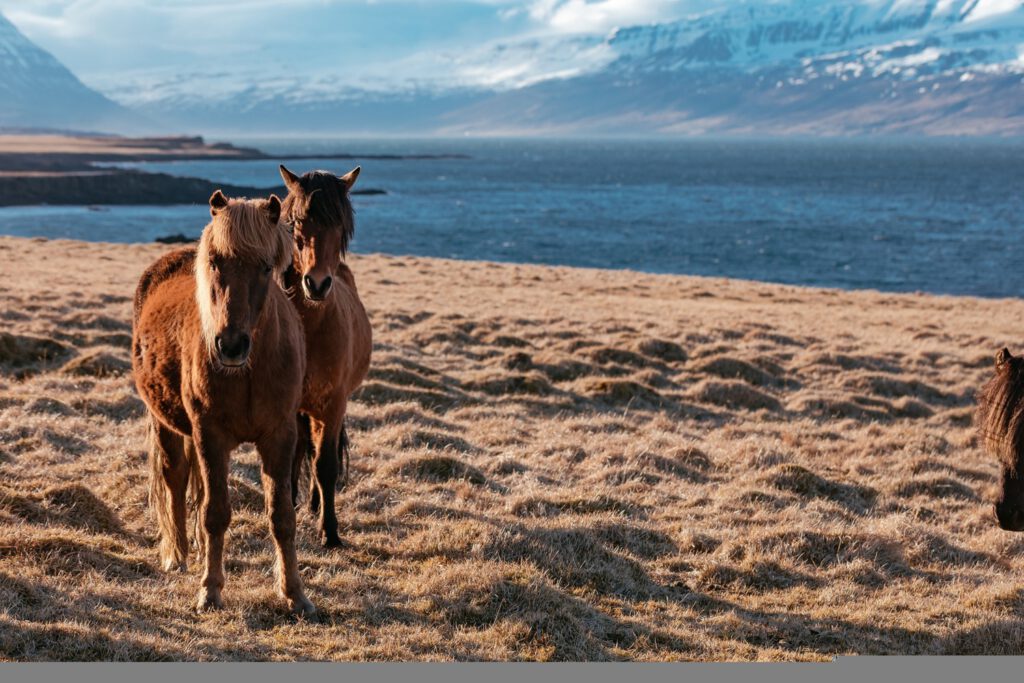Ethology is a discipline of zoology. It is the science that studies the behavior of animals, including humans. The word ethology comes from the Greek Ethos, meaning mores, rites, customs, and Logos, science. The aim of ethology is to understand animals by studying how they live and communicate. Ethology is concerned with the physiological, psychological, and environmental determinants of behavior. Behavior is defined by R. Campan1, professor of ethology at Toulouse’s Paul Sabatier University and author of “Ethology. Systemic approach to behavior” co-authored with Felicita Scapini (2002) “as the dynamic expression of the permanent dialectical relationship between an individual and its environment”.

Ethology allows us to read behavior in terms of both cause and function. The theoretical foundations of modern ethology were laid by researchers such as Nino Tinbergen, Karl Von Frisch, and Konrad Lorenz, who were awarded the Nobel Prize for Medicine in 1973 for their work on animal behavior. The study of behavior is organized around four main questions, posed by Tinbergen in 1963:
- What are the causes of behavior (why do animals respond in particular ways to environmental stimuli?)?
- What is the survival value of the behavior (what are the functions of this behavior, how useful is this response for the animal, what does it gain from it?
- How did the behavior develop during ontogeny 2 (why do animals respond differently to the same situation)?
- How did behavior develop during phylogenesis 3 (how do animals, depending on their species, respond to a survival problem in diverse ways)?
Ethology studies behaviors, which have long been classified into 4 main types: taxic – or reflexes -, instinctive and stereotyped, acquired – or learned – and intelligent – in this case, cognitive abilities.
Ethology can be descriptive or experimental. Many people in France work in this field. According to the French Horse and Riding Institute, which produced a dossier on ethology in August 2015 (documentary dossier no. 8. 1), four scientific teams are working in France on the wild or domestic horse: Claudia Feh, Association Takh on the study of Przewalski’s horse – the last wild horse -; INRA de Nouzilly on temperament, learning (learning and stress) and memory; the University of Strasbourg on group life and social networks and the University of Rennes I on the effects of the mother’s manipulations on the youngster’s behavior, on the human-horse relationship or the evaluation of well-being / ill-being among others. Numerous teams are also working around the world (USA, England, Australia, Sweden, Denmark – the list is not exhaustive), and numerous scientific publications, in English, have been published since the mid-70s.
This work, and the impact of this knowledge on the human-horse relationship, has led to it being made more widely available to the public. In parallel with this work, we are witnessing the development of what is now known as “ethological horsemanship”, which is still the subject of controversy. “Ethological equitation”, derived from American “natural horsemanship”, is based on the methods of the individuals who developed them and is not, at present, the subject of a consensus, since the observation of behavior for the purpose of training the horse has always been part of the precepts taught by the great masters of equitation (from Xenophon to the great equestrians of the French tradition).
The contributions of ethology – the zoological branch of biology created in 1854 by the naturalist Isidore Geoffroy Saint-Hilaire – are based on a solid foundation of fundamental knowledge. Based on a rigorous scientific approach, it provides keys to the evolution of the horse as a species, and to the distribution of its activities in the natural environment (daily and seasonal rhythms, spatial distribution of its activities, dietary diversity characteristic of the species, individual activities). The horse is also a social animal, designed to live in small groups in open spaces of varying sizes (in the wild, from 0.8 to 200 km2).
All this knowledge enables anyone interested to work on the horse’s well-being in the domestic environment, and on the quality of the human-horse relationship (learning, handling, equine management, performance, and quality of riding acts). Published and ongoing scientific research offers keys to understanding the relationship, temperament (e.g., in relation to the horse’s intended use), learning and memory capacities. Equine ethology enables us to better know, understand and observe in detail, to better manage the relationship and to better adjust, in an inter-species relationship where each partner has a very different relationship to the world, to the environment, a way of communicating and very different expectations.
In a general and non-exhaustive way, ethology provides insights and knowledge, based on scientific tools and methods:
- on the species (organization of a natural herd, social life, leadership, socio-ecology of the herd),
- learning capacities: associative learning (classical conditioning, responding, Pavlovian instrumental operant, Skinnerian), non-associative (habituation, awareness, imprinting), spatial,
- on the horse’s cognitive abilities (categorization, learning to learn, Clever Hans effect, memory, inter-individual differences in the learning phase)
- temperament (through quantifiable aspects of temperament traits: fear, gregariousness, reactivity to humans, sensitivity, and the development of temperament at an early age)
- perceptive abilities (visual, olfactory, auditory, tactile, and gustatory perception)
- on the horse’s state of well-being/unwell-being (precise behavioral indicators for a multifactorial approach to assessing the horse’s state of well-being/unwell-being under domestic conditions).
Ethology enables students to develop skills in the field of behavior observation and analysis, and to apply this knowledge to their day-to-day work with horses (human-horse relations, equine management, infrastructure adaptation, risk management, etc.).
Anne Fauvel
See bibliography
- definition: BIOL “All the processes which, in an animal or plant organism, lead from the egg cell to the reproductive adult” (L’Hér. Génét. 1978). Source: Centre National de Ressources Textuelles et Lexicales
- definition: BIOL. [Formation and development of living species over time. Source: Centre National de Ressources Textuelles et Lexicales great experts in equitation (from Xenophon to the great equestrians of the French tradition).


